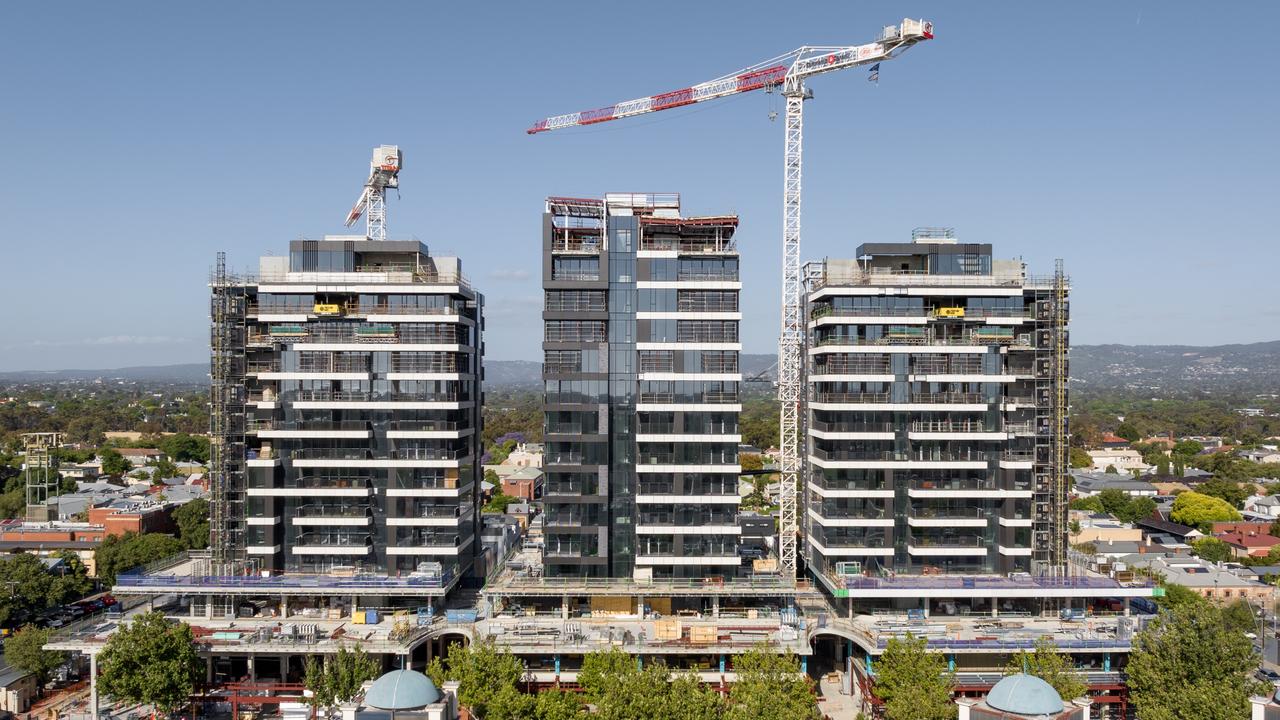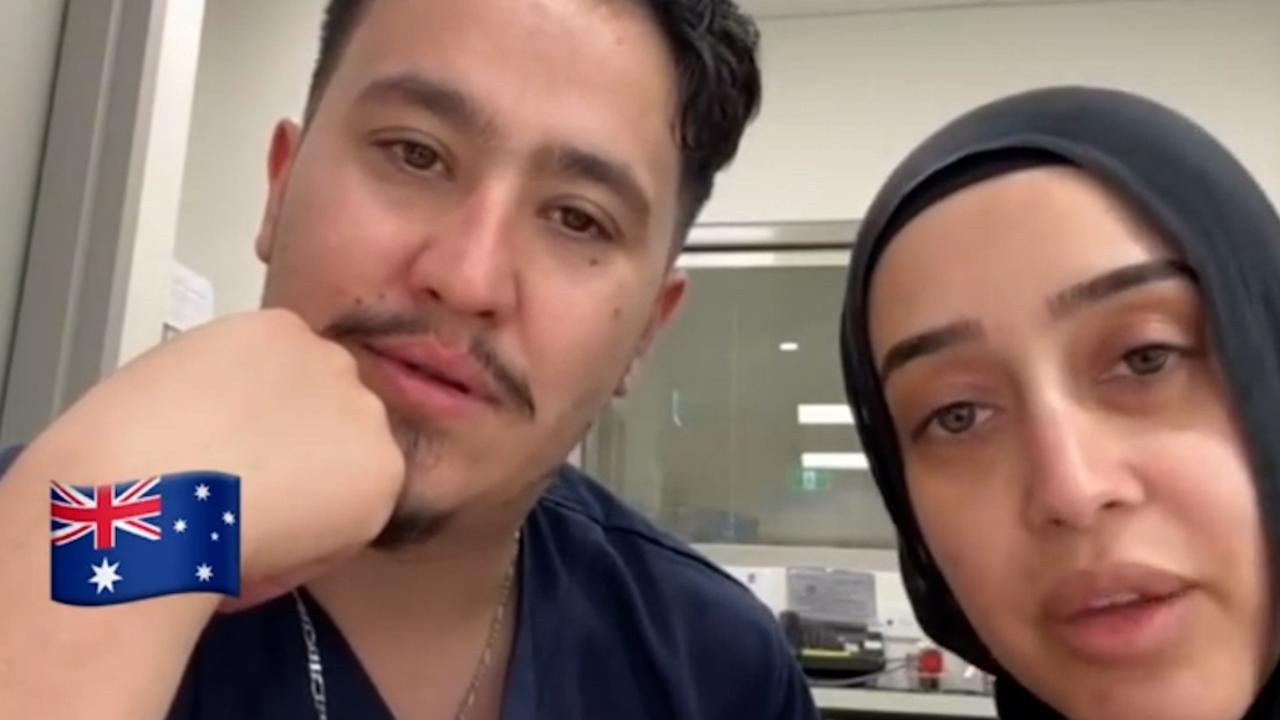‘The toughest man can still have the softest heart’: What the ABC got wrong about the culture of the AFL
Four Corners’ recent observation “not a single male player has identified as gay” is not a reflection of AFL policies and attitudes, writes Graham Cornes.
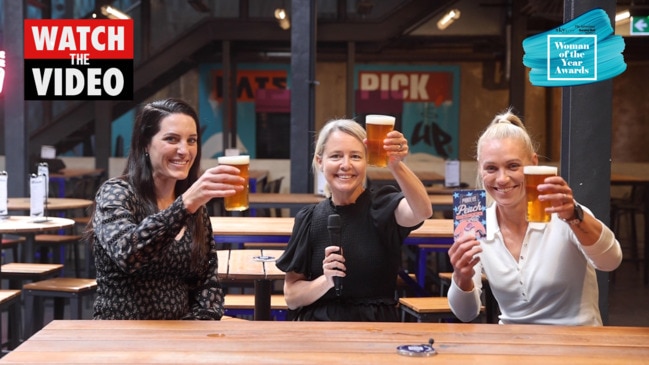
Opinion
Don't miss out on the headlines from Opinion. Followed categories will be added to My News.
The ABC’s flagship program, Four Corners, has done great work over the decades but it must have been a quiet week when the production team decided to run last Monday’s story attacking the AFL.
The premise of the program was “football’s egalitarian spirit belies a traditionally hyper-masculine culture where gay players still haven’t found an entirely safe place.” This statement was based on the observation that “not a single male player has identified as gay”.
One wonders how in 2023, this can be a story of current affairs interest. A player either wants come out or he doesn’t. AFL clubs won’t discourage him.
The program makes the immediate mistake of confusing the AFL with the game of Australian rules football. AFL is not the sport, it is the elite competition of Australian rules. The three gay players, Michael O’Donnell, Matt Hall and Jason Ball, whose experiences in coming out were shared with the viewing audience, played Aussie rules. They didn’t play at the AFL level.
Their stories were interesting and the viewers gained some understanding of the anxiety that their decisions caused, but mostly it seemed they were nothing but supported by mainstream football media and associations when their sexuality was revealed.

If the point was to prove that Australian football would not accept gay players, based on the trio’s experiences, the program failed miserably. To paint the AFL as a homophobic organisation was incredibly deceptive. It certainly was no reflection of modern AFL policies and attitudes.
Of course, the old Footy Show clips were rolled out. Typically misogynistic, racist, homophobic skits and comments, some of them were more than 20 years old. They were reflective of stand-up comedy at the time but they are definitely not the AFL standards and attitudes of today.
A clip of St Kilda serial pest Steven Milne abusing Collingwood’s Heritier Lumumba with a homophobic slur was aired but it was from 2012, eleven years ago. It’s easy to build a case when the examples are from another era. Such a transgression today would be dealt with as severely as racist comments are.
Deceptive also was the observation that the AFL defied or hasn’t complied with government directives to all major sports to address and eliminate homophobic and discriminatory behaviour.
The ABC accuses the AFL of not acting on that directive. The reporter, Louise Milligan, seemed a little miffed that clubs had refused to be interviewed by her and that filming on club premises was banned. However, significant AFL figures were interviewed. Former Collingwood president and media giant Eddie McGuire, ex-Western Bulldogs captain Bob Murphy, who is currently head of football operations at Fremantle, and Tanya Hosch, who is the General Manager of Inclusion and Social Policy at the AFL, all fronted the camera and spoke eloquently (Murphy passionately) of current attitudes and policies.
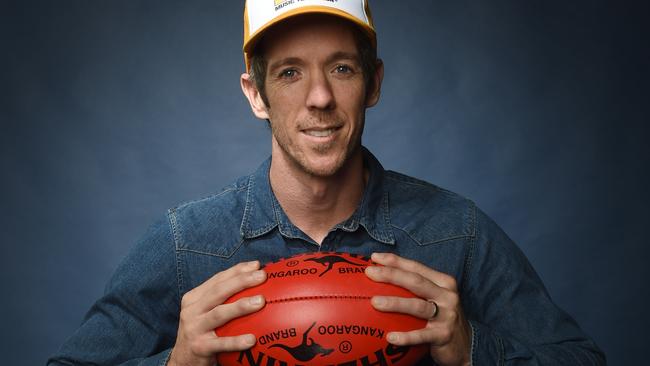
There was not one iota of homophobia about their perspectives. On the contrary, all spoke of how welcoming they would be to any gay player who declared himself to the football world.
Eddie McGuire’s observations about football clubs were most significant. “Football clubs are a microcosm of our community,” he said. It’s true. All of life’s emotions are played out within football clubs.
Life’s experiences within footy clubs are all remarkably similar, be they at the highest level or at community and country footy clubs. If the AFL clubs have an issue with acceptance and inclusion it is society’s problem because the AFL does more than any other sporting organisation in the country to foster gender equality and inclusion.
Tanya Hosch’s comments seemed to be selectively edited to support the ABC’s premise, agreeing that players might “be scared of speaking up,” and “some players do know who their gay teammates are”.
In a 70-minute interview, her comments were distilled to a few minutes of grabs which do not reflect the reality of the work the AFL is doing in gender inclusion. The AFL does have a Pride and Allied Working Committee. All clubs have a gay supporter group like Collingwood’s Pink Magpies and the AFLW has as specific Gay Pride Round.
And therein lies the contradiction of the ABC’s story. The AFL has supported its women’s competition with finances, resources and attitudes. There is total acceptance that many of its players are in same-sex relationships. These are some of the greats of the competition, and hailed as such.
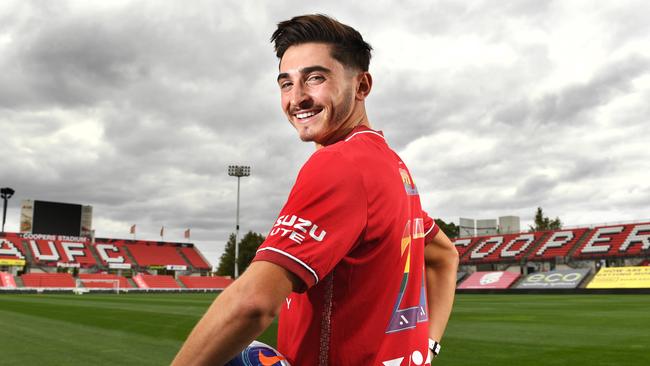
Australian footballers have been able to watch the reaction when gay players from other sports have declared their homosexuality. When Josh Cavallo from Adelaide United declared he was gay, it was universally accepted and his decision was celebrated across the sporting world.
When Isaac Humphries, a former Adelaide 36er who has returned to the SA NBL club this season, came out, he too was praised, but he did reveal some of the anguish a top-level sportsman endures in making such a decision.
“You can still be a great basketball player and be gay. You can do whatever you want with it. It has nothing to do with your sexuality, or who you are, or who you are meant to be, or who you are expected to be. I just want to be myself.”
Like Cavallo, Humphries has received nothing but praise and support.
Without doubt, if there is a gay AFL player wrestling with his identity, he would have seen the reaction to Cavallo’s and Humphries’ announcement. There is nothing to fear, but it is a personal choice.
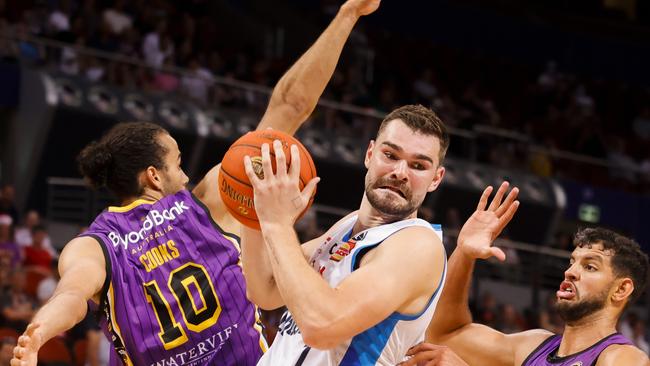
They may be concerned for attitudes within the AFL and its clubs but they would have the same hesitation in any working or public environment. Any negativity will come from outside their football clubs – not within.
Four Corners’ accusation is that the AFL’s hyper-masculinity conceals a homophobic culture. I would argue the opposite. There is no need to apologise for hyper-masculinity. Hyper-masculinity is not toxic masculinity.
The toughest man can still have the softest heart and the most compassionate understanding. There are times when we need men to be tough and strong. However, you only have to see how seamlessly the AFLW players have integrated and been accepted into AFL clubs by the male footballers to know that such an accusation is a myth.
There is another aspect to this obsession of some for gay footballers to come out. Perhaps there are simply not that many gay AFL footballers.
I played with three clubs over 17 years, and coached for another 11. I was not aware of any teammates who were gay. Yes, the statistics tell us that there must be gay players in every team. But statistics can lie.
Yet, even after the decades since retirement when all secrets have eventually been exposed I know of none. One would think over that period of time old teammates’ true sexual orientation would be revealed – but no, they all seem to be comfortable with their heterosexuality.
No one has come out of the closet, although I’m pretty sure it wouldn’t change things at our reunions if they did.
Admittedly, the AFL is an easy target but we don’t need the ABC to impart guilt with accusations that are spurious and designed for cheap publicity and clickbait.



